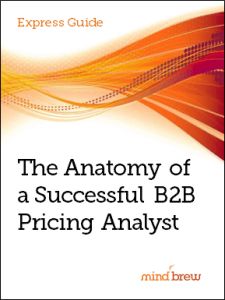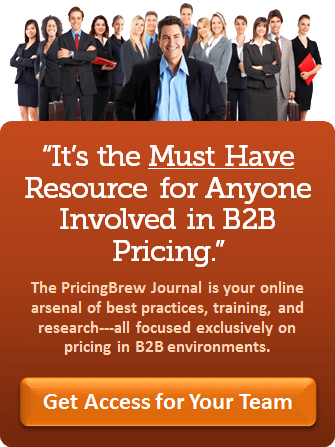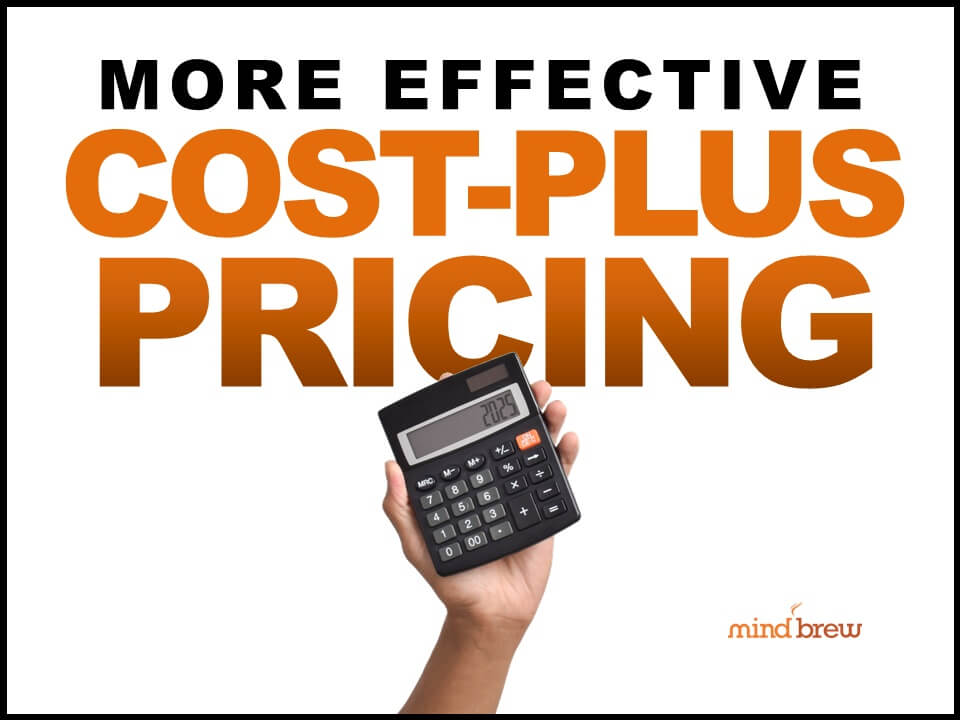The PricingBrew Help Desk recently fielded a question about price increases that I’m sure many other B2B pricing practitioners have pondered at some point:
If we know that a price increase is coming, should we tell our prospects and customers about it, or just keep quiet until after it happens?
This question was particularly timely for me because on January 1st, we’re planning to increase the price of the Journal by 20%. We’ve planned the increase for some time, recognizing how the the value of the Journal keeps increasing as we publish more and more content. But we’ve debated amongst ourselves whether or not to telegraph the increase in advance. (I guess the fact that I’m talking about it here tells you where we landed on that decision!)
But every situation is unique. And we can’t just say that it’s always best to keep price increases close to your vest. Nor can we say that it’s always a good idea to telegraph your price increases in advance. It’s just one of those questions where “it depends on a lot of different factors” really is the most accurate and responsible answer we can give.
What are those factors? Here are just a few of things you’ll want to think about…
If you telegraph your future price increase, will it motivate your prospects to take action sooner rather than later? And more specifically, will it motivate enough prospects to offset the increased profits you’d generate were they to purchase after the increase? In other words, are you simply pulling forward demand that would actually be a lot more profitable to capture later?
If you keep quiet about your future price increase, will you lose any goodwill amongst your prospects and customers? Will your existing customers be upset about a price increase they perceive to be a “surprise” because they weren’t notified weeks in advance? Will your prospects be upset that their budgetary figures are no longer accurate, or maybe even think you’re trying to pull a fast one?
If you telegraph your price increase, how will your competitors respond when they find out what you’re planning? Will the advance warning give them enough time to decide to follow suit and potentially float all boats? Or will the advanced notice just be ammunition they’ll use to muddy the waters with prospects or try to poach your existing customers?
Of course, these are just a few of the questions you’ll want to ask and there are likely many more specific to your situation—contractual requirements, distribution channel considerations, trade laws, etc.
The point is that you want to think about it. You want to weigh the pros and cons, and avoid just making a kneejerk decision.
PS: If you still can’t decide, put yourself in your customers’ and prospects’ shoes and think about how you’d like to be treated. Ultimately, that’s what we did. And since we’d want the opportunity to lock in a lower rate if we were in their shoes, we decided to let folks know in advance that our prices will be going up in 2016.














